-
The Canadian Association for Teacher Education
Strengthening the future of education in Canada through teacher education in research, collaboration, and innovation.

Fall working conference
Situated and Relational Teacher Education
CATE coordinates a working conference on teacher education every two years in the fall at a Canadian university. Teacher education specialists from across Canada submit papers and gather to develop an e-book on a current topic in Canadian teacher education.Vancouver British Columbia, October 23-25, 2025
The Canadian Association for Teacher Education (CATE) is pleased to invite you to prepare your proposal to participate in the 13th Working Conference on Research in Teacher Education October 23-25, 2025. This year’s CATE Working Conference will be in Vancouver, British Columbia. The theme for the 2025 working conference is: Situated and Relational Teacher Education: Canadian Research that Explores Place, and Land-Based Learning in Teacher Education. Papers must be research-informed and research-active, demonstrating formal information/data gathering, data analysis/integration, and reporting of results. Proposals are due July 15, 2025. Researchers are encouraged to prepare proposals on individual or collaborative scholarship related to the working conference theme. Research contexts might include classrooms, schools, communities, and post- secondary settings. Accepted authors will come together at the Working Conference to share and discuss their research, contribute their experience, expertise, and insights to dynamic discussions about place and land-based learning in teacher education, and build connections and collaborations to expand collective Canadian scholarship in teacher education. A variety of research methodologies and methods may be appropriate. As with previous CATE Working Conferences, authors will be invited to transform their working conference papers and submit them for peer review as a complete chapter by Feb 1, 2026 for the next CATE eBook, Situated and Relational Teacher Education: Canadian Research that Explores Place, and Land-Based Learning in Teacher Education edited by Dr. Leyton Schnellert, leyton.schnellert@ubc.ca, University of British Columbia, and Dr Sheryl MacMath Sheryl.MacMath@ufv.ca, University of the Fraser Valley, to be published in the fall of 2026.
#CATE_WC25 Timeline :
- July 15, 2025: Proposals due (1000 words)
- August 2025: Decisions to Authors
- October 23-25, 2025: CATE Working Conference in Vancouver
- February 1, 2026: Completed chapters due (5000 – 6500 words, excluding refs)
- Feb – March 15, 2026: Peer Review
- July 1, 2026: Final chapters due
- Fall 2026: CATE WC eBook publication
Proposals
Interested scholars are invited to prepare a 1000-word summary of a paper (not including references) they intend to write that addresses place and/or land-based learning in teacher education. Please use the headings: Introduction, Perspectives (Literature Review), Methodology, Preliminary Findings, Discussion. Please identify the context for your research (classrooms, schools, communities, and post- secondary settings). Following review by the editors, those authors invited to participate in the Working Conference will be notified in August. Proposal summaries will be circulated among participants prior to the conference to provide the basis for discussion within small working groups. Depending on the outcome of the peer review process, participants will be invited to publish their paper as a chapter in the book to be published on the topic through the CATE Working Conference Book Series.
Participants must commit to take part in all three phases of the working and publication processes:
- Attendance at, and participation in, the working conference in Vancouver,
- Submission of complete chapter according to APA7, and
- Participation in peer review process and chapter editing according to APA7 guidelines.
If you are interested in participating in the three-phase working and publication process, please prepare and send a 1000-word summary of their paper to (Leyton Schnellert ) by July 15, 2025.
The 13th CATE Working Conference will be held in person in Vancouver, British Columbia beginning at 4:00 pm PST on Thursday, October 23, 2025, and concluding by noon on Saturday October 25, 2025.
Costs involved : There will be a registration fee of $100 ($30 for graduate students) required to address conference costs.
Academic writing and peer review following the Working Conference
- Authors/author teams must commit to submitting completed papers by the deadline of February 1, 2026 for the blind review process.
- Authors/author teams must commit to reviewing papers submitted by other participants of the Working Conferernce
- Deadline for the submission of the reviews is March 15, 2026.
- The deadline for the revised final chapter and a document summarizing the response to the reviews is July 1, 2026.
- La date limite de soumission du chapitre final révisé et d’un document résumant la réponse aux critiques est le 1er juillet 2026.
- Publication of edited book: Fall 2026.
Depending on the outcome of the review process and meeting of required deadlines, participants will be invited by the editors to publish their paper as a chapter in an online volume of the CATE Working Conference Book Series.
Guidelines for the chapter submissions to the Working Conference publication :
- Chapters must be between 5000 and 6500 words, not including references.
- Use APA style referencing (7th Edition)
- Chapters must clearly respond to the overall theme of the Working Conference
- Chapters must be research-informed, demonstrating formal information/data gathering, analysis of data, and reporting of findings/results.
- Acronyms and particular regional practices must be explained the first time they appear in the text to orient the reader
- To support the blind review process, please eliminate all references to authors throughout the text and in the properties of the document
- Documents must be submitted in Word or Rich Text format. Do not submit PDF
Any questions about any aspects of the working conference process can be sent to Leyton Schnellert.
We look forward to your participation.
Sincerely,
Leyton Schnellert and Sherryl MacMath (Co-Editor/ Co-Conference Organizers)
Acknowledgement
The Canadian Association for Teacher Education (CATE) gratefully acknowledges the support of the Canadian Society for Studies in Education (CSSE) for support of the CATE Working Conference and scholarly publication.
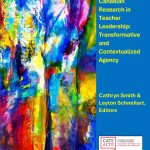
Edited by
Cathryn Smith and Leyton Schnellert
ISBN : 978-1-990202-04-9
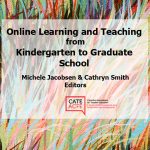
Edited by
Michele Jacobsen and Cathryn Smith(2016)
ISBN : 978-1-990202-03-2
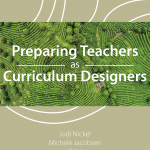
Edited by
Jodi Nickel & Michele Jacobsen
ISBN : 978-1-990202-00-1

Edited by
Mark Hirschkorn and Julie Mueller (2016)
ISBN : 978-0-9947451-6-3
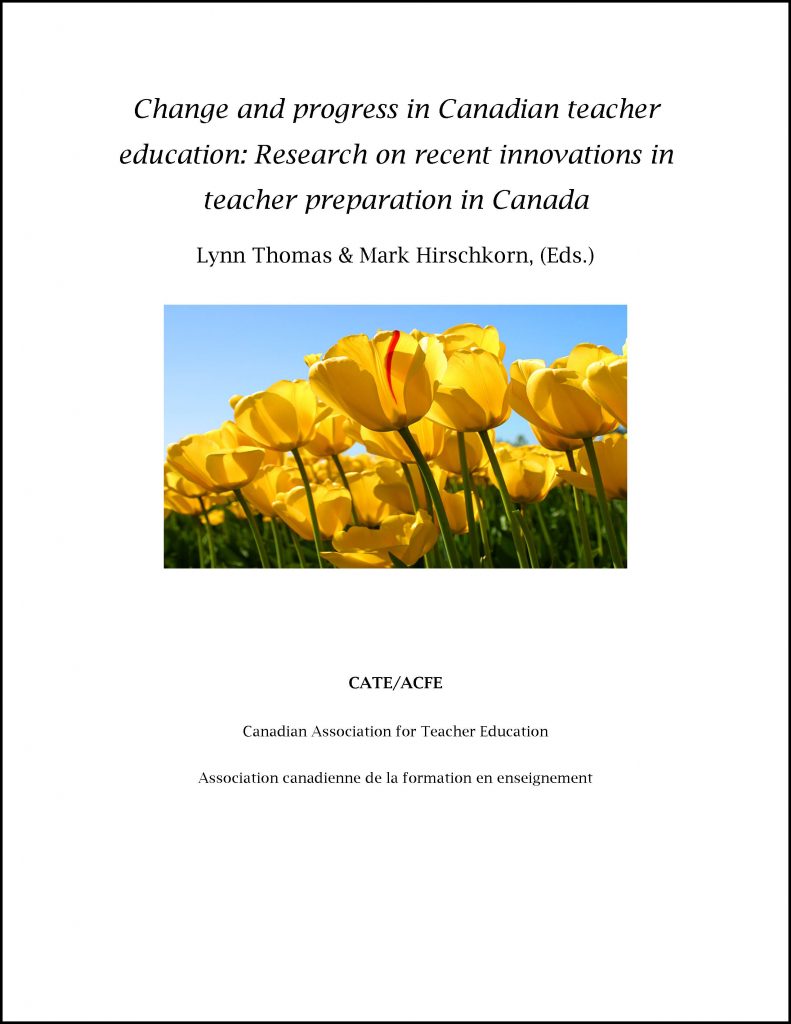
Edited by
Lynn Thomas and Mark Hirschkorn (2015)
ISBN : 978-0-9947451-0-1
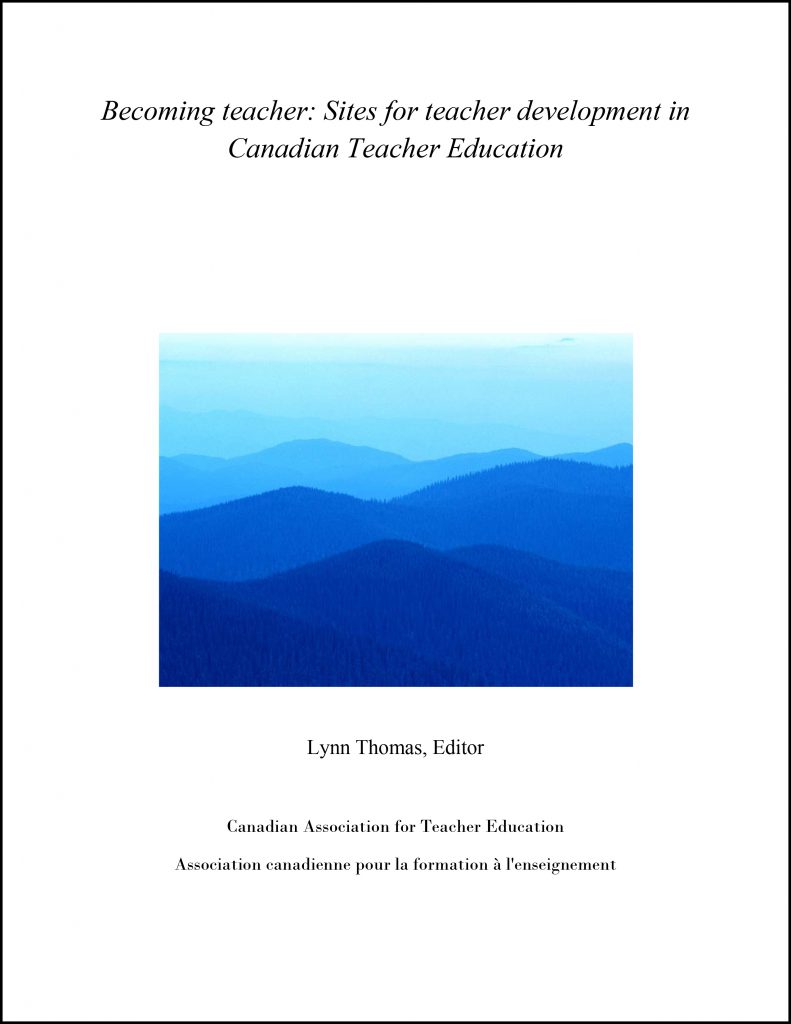
This e-book follows from the Working Conference held at McGill University in Montreal in Fall 2012. Thanks to editor, Lynn Thomas, and congratulations to all the authors!
ISBN : 978-0-9919197-9-6
Publications from prior working conferences
- 2011 : What is Canadian about Teacher Education in Canada? Multiple Perspectives on Canadian Teacher Education in the Twenty-First Century
- 2010 : The Question of Evidence in Research in Teacher Education in the Context of Teacher Education Program Review in Canada Volume 1, Volume 2
- 2009 : Field Experiences in the Context of Reform of Canadien Teacher Education Programs Volume 1, Volume 2
- 2007 : Proceedings from the 2007 Working Conference – the FIRST Working Conference
